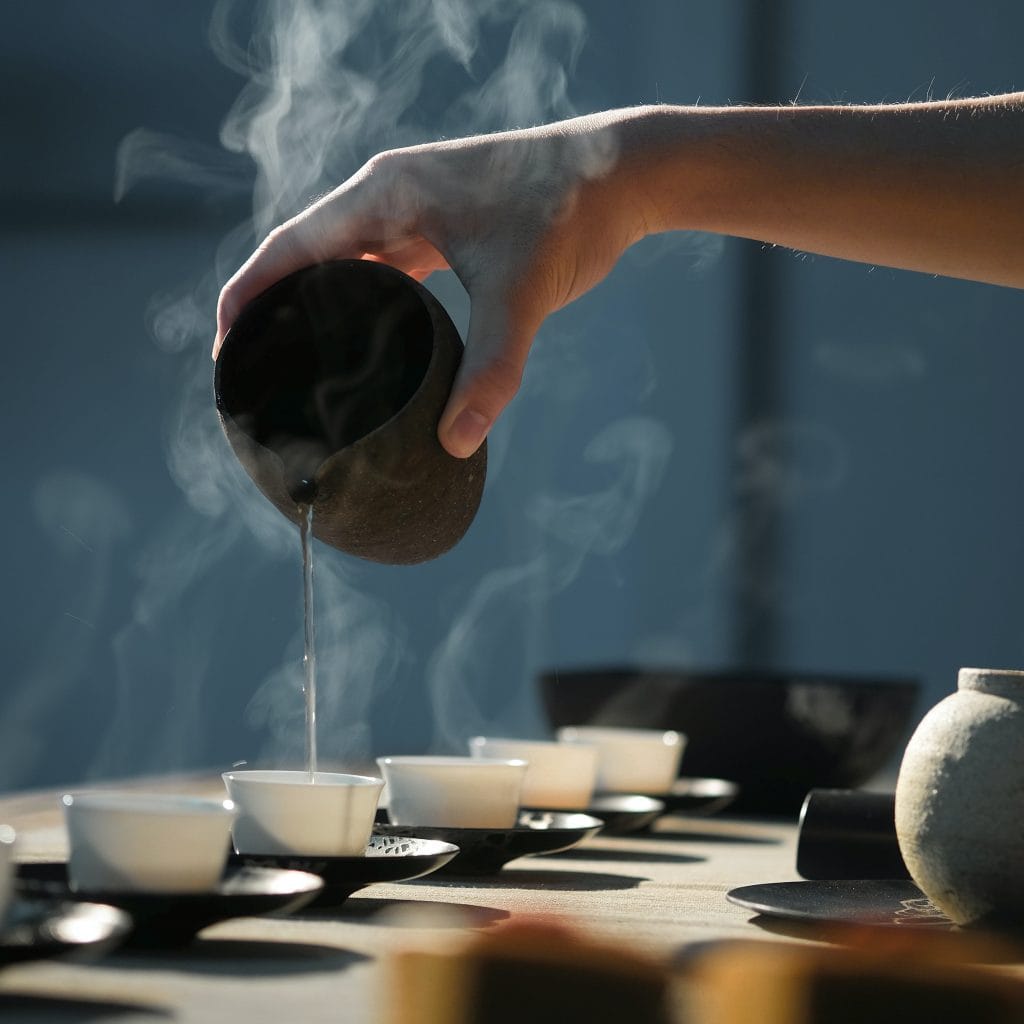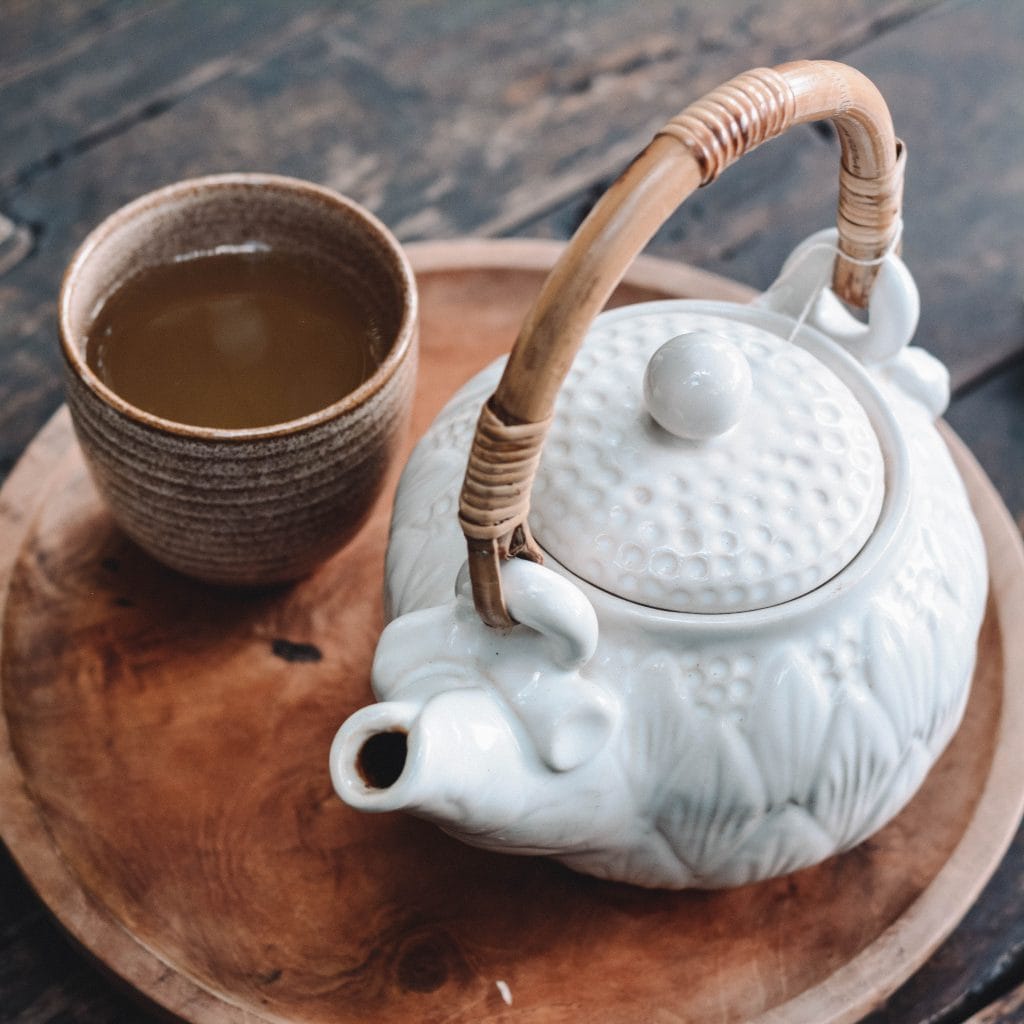Sing Tehus is now B Corp certified! Read more
Organic tea
As mentioned, we are in favour of organic production, but there are several aspects of organic production that need to be considered, such as resource consumption, including water.
Tea bushes for organic production often take longer to produce leaves that can be used for tea production, which means that water consumption can be significantly higher than with conventional cultivation. In addition, the bushes often only produce half as many leaves, which means you need twice as many bushes and twice as much land (and water). In conventional cultivation, it is allowed to give the bushes artificial fertiliser (a vitamin pill) to promote growth.


Only good quality
Organic has become a coveted brand in the western world as more and more of us want good and clean conditions for ourselves, each other and the earth. What few people realise, however, is that organic is far from a seal of quality. As importers, we have a responsibility to recognise this detail and have a clear attitude towards it. We see more and more organic tea producers, especially in the Chinese market. These producers want to trade with the coveted market in the West, where we sometimes blindly buy organic.
At Sing Tehus, we have seen and received many examples of organic tea of exceptionally poor quality. If we have a real opportunity to choose organic without compromising on quality or other conditions, we will of course do so.
Health & Wellbeing
Sing Teahouse is in favour of ecology and other initiatives that improve health and have a positive impact on the environment.
When you work with food, you are responsible for the product you produce or sell. At Sing Tehus, we have put a lot of effort into the work related to organic, conventional cultivation and the working conditions of the tea growers/pickers.
The requirements for ecology and organic cultivation differ from continent to continent. For example, European organic requirements in Europe are stricter than those in the US. The European requirements for organic tea production require minimal use of pesticides and fertilisers. When we import organic tea, a document must be included with the tea that shows laboratory tests and thus the level of specific conditions tested for. As an importer, we are also obliged to carry out annual sampling of the same tea.


Cleanliness
We have chosen to approach this area in the following way. As far as possible, we travel and visit our tea producers. It is important to see where and how the production takes place, to know the history of the company; is it a family-run business through generations, where the expertise has been passed down etc. Many small tea producers grow tea as it has been a tradition for generations, where the use of pesticides has never been used. These small tea producers do not have the financial means to become organically certified, as it is a costly affair, but simply want to maintain the (family) business.
At Sing Teahouse, we ensure quality and purity by testing all teas in a laboratory, both organic and conventionally grown.
However, the Hamburg laboratory reports that it is not uncommon for conventionally grown tea from the small producer to be cleaner than organic tea from the industrialised plantation.
Get exclusive news and promotions delivered straight to your inbox. Also, look forward to ongoing inspiration on new ways to use tea, such as cold brewing, soothing tea face masks and much more. Sign up for the newsletter here.
Sign up for our newsletter and get 10% off your first purchase.

